This week we celebrate National Small Business Week - specifically the “resilience and renewal” of those businesses who have conquered the challenges of the past year-and-a-half.1
Did you know that over 50 percent of Americans work in or own a small business? Better yet, nearly two-thirds of jobs in America are created by small businesses.1 Small businesses play a big part in our economy. You may even find your next investment opportunity in supporting a growing business in your area. If you’re considering investing in a small business, here’s what you should know when making your decision.
Gather the Facts
Small businesses take time - usually lots of time - to turn a profit. As an investor, be prepared to wait a while (sometimes several years) to see any returns on your investment. One way to help make sure you’re investing in a business that’s likely to succeed is to gather as much information about the business as possible.
Ask to review things like:
- Profit & loss statements
- Audited accounting books
- Marketing plans
- Overhead costs
- Other partnerships or investor agreements
Reviewing the facts and figures with your financial advisor can help you make a smart, educated decision regarding your investment. Any business you are considering investing in should be able to provide this information upfront. If not, they may not be at a stage yet in which investing is a wise decision.
Understand Owner Intentions
When looking for an investment, it may be helpful to discuss what the owner has in mind for the future of their business. If you’re in talks with several potential businesses, ask them about their long-term goals. Things can always change later down the line, but it’s good to get an idea of their vision for their business before making an investment. Do they want to grow their business with the goal of selling to a larger corporation or investors? Or do they want to maintain control over their company long-term?
When making your own investment decisions, this information may be helpful in deciding which small business aligns best with your own financial interests.
Types of Investments
While there are many different ways to arrange an investment deal with a small business, most offerings will fall under two categories: equity or debt.
Equity Investment
Making an equity investment in a small business means you’re “claiming” a portion of the business. What you earn will directly correlate to how the business is performing. As an equity investor, you may receive dividends based on a percentage of profits.
In some instances, an equity investment is considered riskier than a debt investment. As an equity investor, you are looking to benefit from the continued success of the small business. After all, if you make an equity investment, you would be considered one of the owners.
Debt Investment
A mortgage is an example of a debt investment. A loan is made with the promise that the lender will receive a set amount of money (interest) at regular intervals until the principal amount has been paid back in full.
If you make a debt investment in a small business, this may work the same way. You’ve provided a loan to the business, and in return will receive regular payments containing both principal and interest.
What to Do With Payouts
When you invest in a small business, you may receive payouts as the business grows and thrives. You’ll want to consider what to do with those payouts. You may not know the answer yet, but it’s important to keep this question in mind when investing with a small business.
If you’re looking to diversify your portfolio while supporting local entrepreneurs, investing in a small business could be an exciting opportunity. Or perhaps you want to start a small business of your own. Your financial planner and investment advisor may be able to provide you with more information regarding the impact this may have on your financial goals and next steps to take. If you want to talk to a financial planner about small business opportunities you have in mind, feel free to...
This content is developed from sources believed to be providing accurate information. The information in this material is not intended as investment, tax, or legal advice. It may not be used for the purpose of avoiding any federal tax penalties. Please consult legal or tax professionals for specific information regarding your individual situation. The opinions expressed and material provided are for general information, and should not be considered a solicitation for the purchase or sale of any security. Digital assets and cryptocurrencies are highly volatile and could present an increased risk to an investors portfolio. The future of digital assets and cryptocurrencies is uncertain and highly speculative and should be considered only by investors willing and able to take on the risk and potentially endure substantial loss. Nothing in this content is to be considered advice to purchase or invest in digital assets or cryptocurrencies.
Enjoying Escient Financial’s Insights?
The weekly newsletter is usually delivered to your email inbox Friday or Saturday, and includes:
- the latest Escient Financial Insights articles
- a brief of the week's important news regarding the markets
- recommended third-party reads
- selected Picture of the Week
Escient Financial does NOT sell subscriber information. Your name, email address, and phone number will be kept private.
















